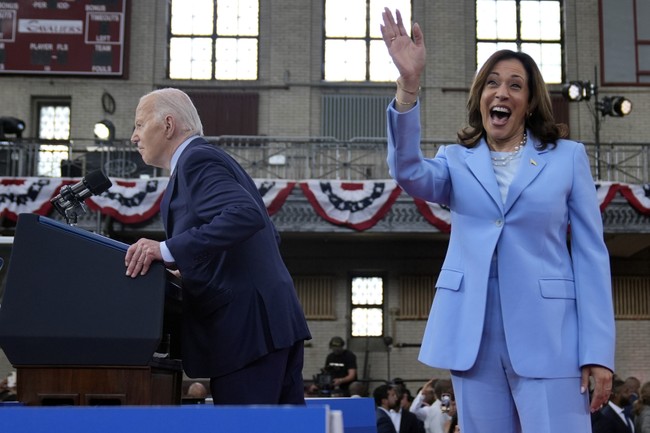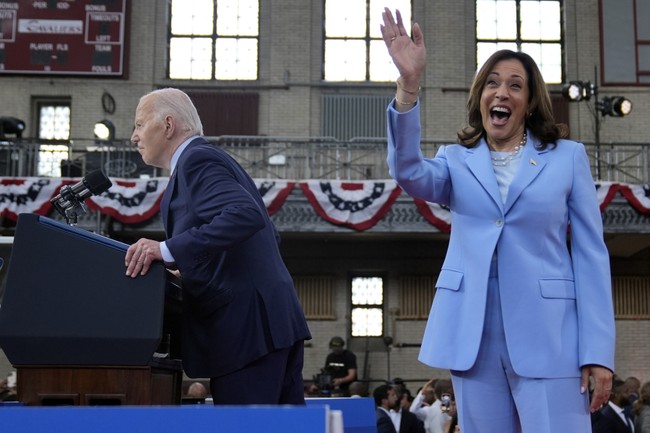From PJMedia.com

Historical events, like people, have a life story. They are conceived, come into a life of their own, and are either rejected by events or become part of what is called the future.
Advertisement
The Civil War of 1861, fought over what the US was to be, became visible in the Compromise of 1850 before assuming its final shape. The issues, the matters about what it was to be, were developing for a decade before the first shot was fired. Like people, great events often have more than one name because they involve diverse issues and multiple origin stories. The Civil War for example is also called the War Between the States, War of the Rebellion/Slaveholders’ Rebellion or War for Southern Independence/The War of Northern Aggression because it was to a greater or lesser extent about all these things. The English Civil Wars had many names too, because there were so many causes and story arcs included that, for reasons of convenience, we simply lump them under one label, like WW2, despite the fact that they were a series of crises all related to one another.
If there is to be a second American Civil War one of its aliases is likely to contain the phrase “Globalism vs America First”, among several other possible discriminators. Though it may involve many other things of the several names, “Globalism vs America First” appears to capture the essential issue which makes it unique. It will resolve whether America will survive as a distinct cultural entity or if it is to become a non-special part of a future Global World, governed (or so the bureaucrats hope) from Washington D.C. This national vs universalist aspect explains why open borders and cultural identity have taken on such importance to both sides, as have multilateral institutions. They are signposts on a crossroad. Quo vadis? is a very important question. One will be the road not taken and that will make all the difference.
Advertisement
For some, America is the evil result of settler colonialism, “a form of exogenous domination typically organized or supported by an imperial authority, which maintains a connection or control to the territory through the settler’s colonialism.” White guys conquering paradise. From this point of view, it makes no more sense to want “America First” than to desire “Slavery First”. For still others, America is unique, as precious and irreplaceable in its own way as anything that ever existed, with all its defects the last best hope of mankind. Globalism, on the other hand, represents a different future: one of universal judgment and remaking the planet by the elect, free of all the baggage of the past. All that is needed are the proper leaders derived from the correct selection process to do the job.
It will, to borrow a historical phrase, “become all one thing, or all the other.” This Manichaeism gives it a zero-sum quality, and even politicians who would otherwise be agents of compromise in conflict, in true versus false conflicts become binary variables. In the words of Hillary Clinton, “this election is existential. I mean, if we don’t make the right decision in this election in our country, we may never have another actual election. I will put that out there because I believe it,” she said. With the stakes so high anything is justified. This unboundedness creates dangers of its own. The presumption that one side can unilaterally change the rules in the name of virtue means there are no limits and no incentive for the other side to forbear from doing the same thing. “I can play the game; just tell me the rules.” But what if no one can tell you the rules, what is the game? The usual process in the aftermath of a collapse is discovery.
Advertisement
After people have made up their minds to go their separate ways as seems the case now, the first task is to figure out what rules actually still operate. The laws of physics are always in force. Among the remaining man-made ones, some will be guidelines but others are red lines. Telling them apart is really important. The hard chargers in a collapsed system will assume nothing in the old rulebook applies unless they meet resistance. This is not necessarily good but it is what opportunists would be expected to do. Napoleon came out of nowhere because he could exploit chaos.
Absent a Napoleon, the next most likely scenario is competition between parallel institutions. As with a marital divorce, which political bifurcations psychologically resemble, the logical progression will be the emergence of some mode of rival coexistence, including the possibility of parallel innovations that will allow the parties to benefit from what they get right. As a practical matter, historical cold war rivals “fight” largely by competing. To some extent, this is already happening. The American political and social refugee is now something of a reality. Separate lives are the natural outcome of having lost that lovin’ feeling, at least for now.
But this doesn’t mean there won’t be outright conflict. There always are in zero-sum games. The biggest risk Global Worlders, Climate Changers, and DEIsts face is the possibility their absolutist goal is unachievable in principle because the planet is too complex and diverse for any meaningful central governance. Moreover, humanity’s imminent migration off-world may make Globalism physically unattainable. Communications latency, set by the speed of light C, implies that the world must be organized in a subsidiary fashion for all of the foreseeable future. “I canna’ change the laws of physics, Captain!” Scotty, the Chief Engineer in Star Trek, the original series, once said. Diversity is nature’s insurance against a single point of failure. We cannot subordinate everything to the UN or Davos or Moscow or Beijing or Washington, or even AI. And we won’t. But it will take time for the die-hards to see this, probably on the order of decades.
Advertisement
All articles possibly rephrased by InfoArmed.com
